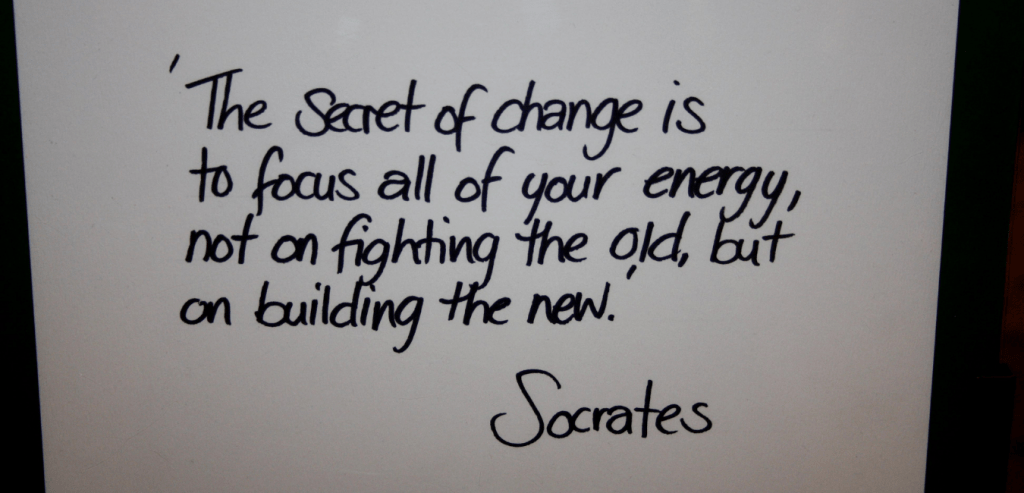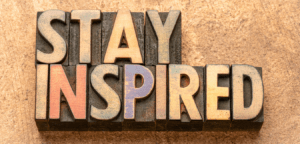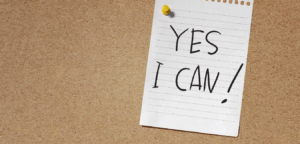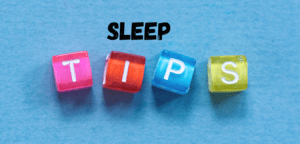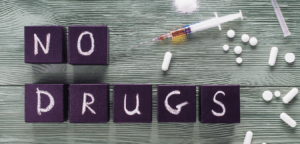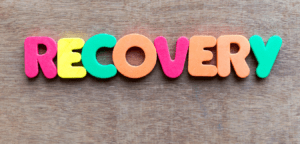Essentials to Recovery
Before you can start thinking about the life skills that will aid in your sobriety, you’ve got to adopt a lifestyle that supports people to be successful in their sobriety. If you’re immersing yourself back into the same environment where your addiction began, the likelihood of relapse increases.
The environment or community that you choose to surround yourself with will be crucial in your sobriety journey. These are the people you’ll turn to when you need to talk or find yourself having a moment of weakness.
Next, you’ll want to think about your purpose. Having a purpose or passion will help you wake up each day with the motivation to continue achieving and learning more about how your purpose can work to your advantage now that you can fully appreciate all its benefits.
Another essential factor in recovery is the place that you call home. Having a stable place to lay your head at night reduces anxiety or frustration, leading to a relapse.
If you’re still in treatment and understand that your home environment will not be good for you to return to, speak with your counselors. They can help you find sober living accommodations until you’re able to get back on your feet and support yourself.
Lastly, maintain your health by eating well and participating in daily exercise. Maintaining your health also includes your mental health.
Fifty percent of people with addictions find that they also have underlying mental health issues that may contribute to the severity of their addiction issues.
What Are Life Skills?
Before you can begin developing and learning life skills, you’ve got to know what they are. Life skills are tools you need to help you thrive in your everyday life.
Without knowing any life skills daily, navigation can be challenging and, in this case, can set you up for failure as someone in recovery. Life skills aren’t something that comes naturally to people.
It’s something that you learn almost like a habit. For example, when you were younger, you watched your mother wash dishes. As you grew into an adult, you knew how to do it because watching your mother taught you how to do the dishes as well.
There are two ways that you can learn life skills. The first is through education, such as watching videos or watching someone else perform the tasks in front of you.
The other way to learn life skills is by practicing them. Once you’ve been shown how to do it, the next step is to begin practicing the life skills to ensure that you’ve got a good grasp on what you’re doing.
When learning these life skills, the only way to succeed is to put 100% effort into it. If you do things halfway, you’re not going to get the benefits out of it that you’re looking for.
1. Problem-Solving Skills
Problem-solving skills are needed in nearly every aspect of your personal life as well as your professional life. When we say problem-solving skills, several things aid in this life skill.
You’ve got to think beyond what you see and tap into your critical thinking skills. These types of skills allow you to dissect an issue and get to the root of the problem.
Once you’re able to identify a problem, you can then begin taking the necessary steps to create a solution to the problem. When you use your critical thinking skills in life, you’re able to pinpoint a future issue and find ways to avoid the issue.
Without problem-solving skills, you might only see one way to address an issue versus being open-minded and able to identify the different avenues you’ve got. For example, if you don’t have a good-paying job, you might become frustrated trying to figure out how to afford housing.
Because you don’t have the proper funds, you might think your only option is to choose living accommodations in an area that served as a trigger for your addiction. But, when you use your critical thinking skills, you’ll realize that your treatment facility has access to resources that you can use to find housing that will provide you the support you need during this time.
2. Communication Skills
You’d be surprised to know that you’re not the only adult that has issues communicating effectively with others. It’s a common problem that many people find themselves dealing with.
As you continue to get older, you will need to constantly work on your communication skills because not everyone you encounter communicates the same way you do. One of the most overlooked aspects of communication is the ability to be a good listener.
Often people are formulating their responses while someone’s talking without listening to what they’re saying. Learn to be an active listener, and it will save you from several situations where miscommunication is at fault.
As someone in recovery, part of communication means letting people around you know when you’re going through a hard time. This time of vulnerability could be one where you’re questioning yourself, or you’ve been triggered by something.
People can only offer you the help you need if you let them know that you’re struggling. Another key aspect of communication is being assertive with the decisions that you make in your life.
Not everyone is going to offer the support you need, and some might even express how you’ve changed and how they don’t like it. In situations like this, you need to ensure that you’re assertive with your words and decisions letting them know that your recovery is the most important thing in your life and you’re not willing to jeopardize it for anything or anyone.
3. Creative Thinking Skills
What do you want to be in life? What goals have you set for yourself when achieving the things you want to be?
Creative thinking is essential to helping you find the creative way to approach life. The reason children are so entertaining is that they use their imagination to see the things that are around them and think outside the box.
As adults, we forget to use our imaginations, but it’s something that you can get back to with some creative thinking. Take the time to imagine the things that could be and apply them to your life.
Allow the thoughts that you have created to fuel your goals. Once you’ve developed these goals, you can create a plan to accomplish the goals that you’ve set for yourself.
Remember we talked about finding your passion? Creative thinking will help you find your passion much quicker than if you weren’t using this crucial life skill.
4. Resilience
Steven Spielberg was rejected for admission to the University of Southern California 3 times before deciding to stop applying and pursue a career as a director. Because of that decision, he has become one of the most well-known and successful directors globally.
An issue that people in recovery have is facing rejection. When rejected, it’s as if the world has completely crumbled around you, and digging yourself out of the hole of rejection can seem impossible.
The reason that people like Spielberg are successful today is that they are resilient. They didn’t let rejection or the fear of rejection keep them from moving forward to pursue the dreams that they had for themselves.
As someone in recovery, developing resilience will be incredibly helpful. This is because you’re going to encounter several people and situations that don’t appear to be on your side. But, when you’re resilient, you’ll get back up after facing these rejections, dust yourself off, and try again.
It’s okay to express and feel the emotions of disappointment when you’re rejected as long as you don’t allow those emotions to continue dragging you down.
5. Ability to Learn
Each day changes are being made. For example, years ago, no one would’ve ever thought that you’d be able to attend a doctor’s appointment virtually, but now it’s possible.
As things continue to evolve around us, we must be willing and open to learning about them. Being willing to learn makes it easier for you to adapt to new things that are coming your way.
The ability to learn doesn’t always mean learning something new; it also means being able to learn from the mistakes you’ve made in your life. By learning from these mistakes, you can pinpoint what led to making those mistakes and avoid them in the future.
6. Build Solid Relationships
Time and time again, we discuss the support you keep in your life as someone in recovery. Without having the right people around you, it increases the chances that you will turn back to the same life you were leading before recovery.
Take the time to start rebuilding and strengthening relationships that were destroyed while you were in active addiction. Although there are some people that you’ve let down, that doesn’t mean that they’re not in support of you getting the help that you need and making positive changes in your life.
7. Develop Coping Mechanisms
Coping mechanisms will help you when you’ve been triggered. There’s not always going to be someone that can talk you off the ledge, and you will need to be able to do that yourself.
You can learn several ways to cope when you begin to feel stressed, including exercising or practicing meditation. Meditation helps you to practice self-awareness.
Why Are Life Skills Important?
Without life skills, life becomes more difficult than it needs to be.
Knowing life skills helps you as a person to lead a healthier life and slow down long enough to think before you make poor decisions. Often amid addiction, we don’t stop to think about how the things we’re doing will affect ourselves or the people around us.
Using your life skills, you can start identifying triggers. And thinking about how giving in to these triggers can alter and disrupt the progress you’ve made thus far in recovery.
Life skills also help to improve your self-confidence and increases the value that you place in your abilities. Having self-confidence will help you to keep negative thoughts and emotions that could lead to a relapse away.
Not to mention managing negative emotions and thoughts helps you navigate how to live with a mental issue that you weren’t aware of before.
Credited to: Wavelengths

